Why is there a circle in the middle of the road?
You may sometimes find traffic circles in residential areas and other spots, too. Today we will discuss the residential traffic circle, which is a small circle. These are different from traffic roundabouts.
Engineers design residential traffic circles to increase safety and to slow down traffic in residential areas.
This is because in these areas there may be:
- Children
- Dogs
- People walking
- Bikes
- Skate boarders
- Cars backing out of driveways
- & other exciting stuff
Traffic circles slow down vehicles, without necessarily forcing traffic to completely stop like we do at 2-way stops and 4-way stops.
So, how do you navigate the residential traffic circle?
Slow down as you approach the circle to no more than 20 km/hr. This is in case you need to yield. Also, to maintain a reasonable speed in relation to the amount of steering you will be doing.
Scan for traffic straight ahead, left, and right
Yield to any traffic already in the circle.
This means yield to
- An oncoming left-turning vehicle if it is already in the circle before you
- The vehicle on the left if it is has entered the circle before you
- To the right if you arrive at the same time as another vehicle
Always go around the circle to the right.
How to signal for the traffic circle
Treat this intersection exactly as you would for any other intersection.
It’s very simple
If you are going straight, do not signal
You’re not turning, you are simply steering around the traffic circle.
If you signal right, people think you are turning right; and that could be potentially dangerous if a driver assumes you’re turning and may pull out in front of you.
If you are turning right, signal right before the traffic circle
If you are turning left, signal left before the traffic circle
This is particularly important in the case where there’s an oncoming vehicle approaching after you’ve already entered the circle.
If you have your left signal on, the driver should yield to you (I said they should yield, as in, they are supposed to; I’m not guaranteeing that that is actually going to happen so use caution)…
…and it should be obvious where you are going. If you don’t have a signal, or you signal too late, the driver may assume you’re going straight and might pull in front of you.
Always be prepared in the case where other drivers may not yield.
Some drivers are confused at these intersections.
What about emergency vehicles in traffic circles?
Always avoid blocking a traffic circle when there is an emergency vehicle approaching.
Stop before entering the circle or exit and then stop to allow the vehicle to pass.
Read more:

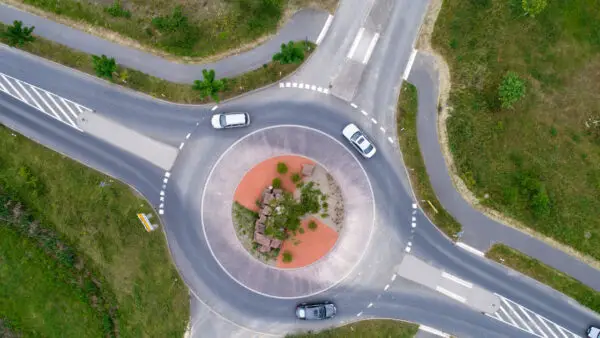
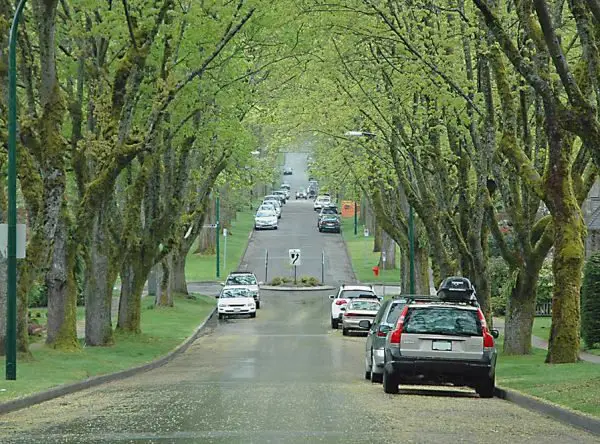
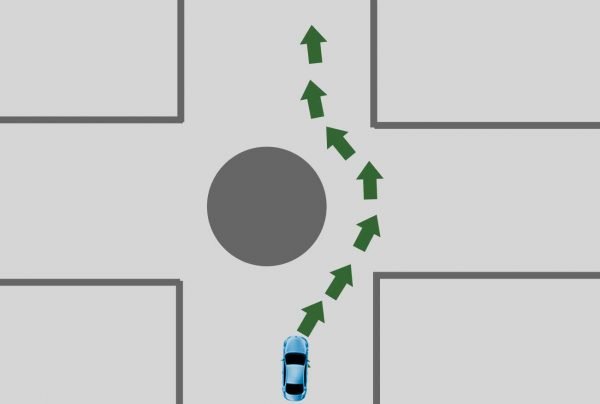
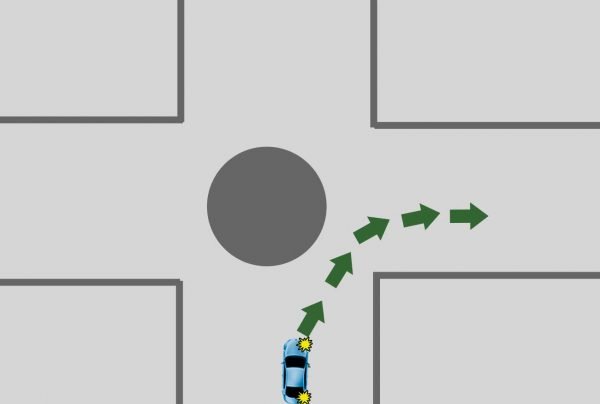
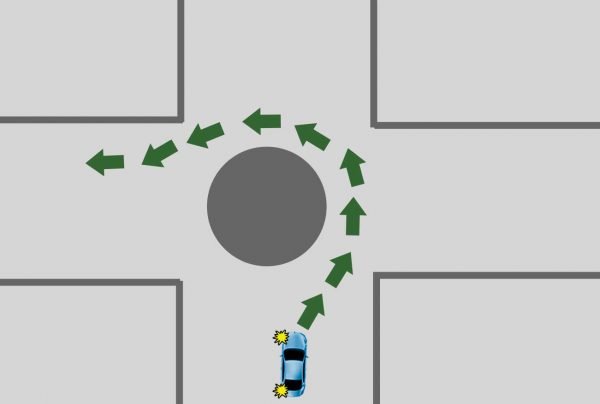
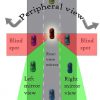

Thanks!
Fine and valuable information